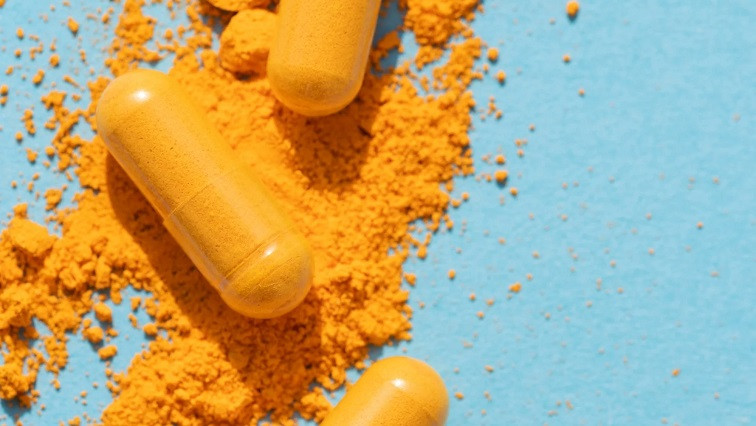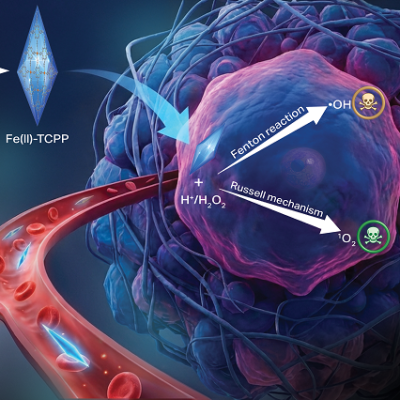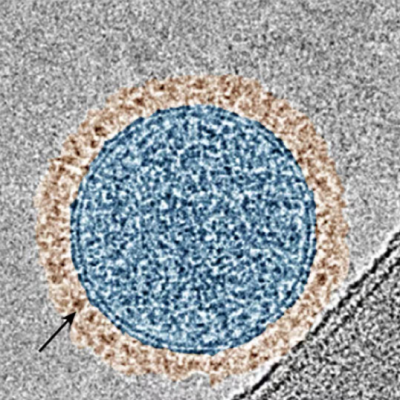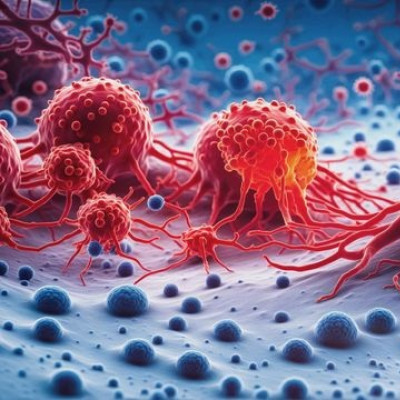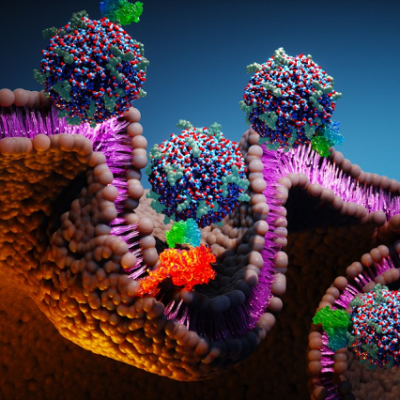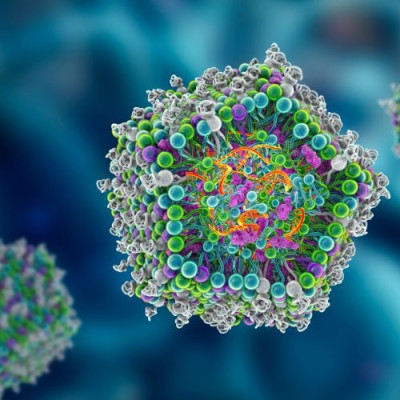Curcumin is a hydrophobic polyphenol found in the rhizome of Curcuma longa. The compound exhibits a range of biological properties, including anti-inflammatory, antioxidant, antiproliferative, anticancer, immunomodulatory, antimicrobial, anti-diabetic, and neuroprotective functions.
These pharmacological properties have made curcumin a promising candidate for treating neurodegenerative diseases, including Parkinson’s Disease (PD), Alzheimer’s Disease (AD), Huntington’s Disease (HD), Multiple Sclerosis (MS), Amyotrophic Lateral Sclerosis (ALS), and prion disease.
Curcumin has been found to modulate a range of signaling pathways associated with the development of neurodegenerative diseases, including nuclear factor-erythroid 2-related factor 2 (Nrf2), serine/threonine kinase AKT, and transcription factor nuclear factor-kB (NF-kB).
However, certain factors restrict curcumin's clinical application, such as its low water solubility, poor stability, rapid metabolism, slow absorption rate, low bioavailability, and lower ability to cross the blood-brain barrier.
Curcumin-loaded biomimetic nanomedicines prepared with cell membranes and extracellular vesicles have been developed to overcome these shortcomings. Curcumin-loaded porous poly(lactic-co-glycolic acid) (PLGA) nanoparticles have been developed, and surface modification with red blood cell membranes has been done to increase drug release.
Curcumin-loaded exosomes have been developed to increase their ability to cross the blood-brain barrier and facilitate drug delivery in the brain to treat malignant glioma in mice.
Several nanocarriers, including liposomes, micelles, dendrimers, cubosome nanoparticles, polymer nanoparticles, and solid lipid nanoparticles, have been used to increase curcumin delivery in the brain. Chemical processes have been used to functionalize the surface of nanoparticles with brain-specific ligands, allowing for targeted delivery of curcumin in the brain with minimal adverse effects.
Curcumin nanoparticles in PD
PD occurs due to the loss of dopaminergic neurons in the substantia nigra. The major hallmarks of PD are dopamine deficiency in the brain and the formation of α-synuclein aggregation.
PD is conventionally treated with dopamine prodrug, dopamine agonist, monoamine oxidase type B (MAO-B) inhibitor, β-blocker, and adamantine. However, prolonged use of these drugs has been found to cause adverse side effects.
Curcumin nanoformulations are emerging as a promising adjuvant therapy in PD. Various nanoformulations, including alginate–curcumin nanopreparation, lactoferrin nanoparticle curcumin, curcumin- and fish oil-loaded spongosome and cubosome nanoparticles, bovine serum albumin-based nanocurcumin formulation, and curcumin- and piperine-loaded glyceryl monooleate (GMO) nanoparticles, have been found to reduce oxidative stress, brain cell death, protein aggregation in animal models of PD.
Curcumin nanoparticles in AD
AD occurs due to the accumulation of misfolded β-amyloid protein and tau protein in the brain's neurofibrillary tangles.
As a therapeutic drug in AD, Curcumin has been found to reduce inflammation, activate neurogenesis, and inhibit misfolded protein accumulation. In in vitro cell culture models of AD, curcumin-encapsulated biodegradable PLGA nanoparticles have been found to reduce oxidative stress and inflammation and increase protein disaggregation.
In a transgenic mouse model of AD, curcumin-loaded brain-targeted nanoparticle PLGA-block-poly-ethylene glycol has been found to improve spatial learning and memory and reduce β-amyloid level and tau phosphorylation.
Curcumin nanoparticles in HD
HD is an autosomal dominant inherited disorder caused by a mutation in the Huntington gene (HTT). The disease is characterized by progressive loss of nerve cells in the brain, leading to motor and cognitive impairment and psychiatric symptoms.
In rat models of HD, curcumin-encapsulated solid lipid nanoparticles have been found to improve mitochondrial activity, reduce mitochondrial swelling, free radical production, and lipid peroxidation, and increase enzymatic and non-enzymatic antioxidant levels.
In a transgenic mouse model of HD, solid lipid curcumin nanoparticles have been found to improve learning memory and increase dendritic arborization and dendritic spine density.
Curcumin nanoparticles in ALS
ALS occurs due to the progressive loss of nerve cells in the spinal cord and brain. Riluzole is the only known treatment for AL that extends patients' survival in the early disease stages.
Mesenchymal stromal cells have been found to improve neural protection and replace dead motor neurons in the spinal cord in ALS patients. Curcumin-loaded inulin-D-α-tocopherol succinate micelles have been found to increase the therapeutic effects of mesenchymal stromal cells.
Curcumin nanoparticles in MS
MS is an inflammatory autoimmune disease that damages the myelin sheath of nerve fibers in the spinal cord and brain. Currently, there is no cure for this disease.
Curcumin's antioxidant, anti-inflammatory, and antiproliferative properties have made it a promising candidate for treating MS. In animal models of MS, treatment with curcumin has been found to inhibit interleukin 12 (IL-12), which causes myelin damage.
Polymerized nanocurcumin particles and curcumin dendrosomal nanoparticles have been found to induce neuron remyelination in mice with MS. Curcumin dendrosomal nanoparticles have also been found to promote oligodendrogenesis.
Curcumin nanoparticles in prion disease
Prions are proteinaceous infectious particles that cause Creutzfeldt–Jakob Disease, Kuru Disease, and fatal familial insomnia in humans. Normal prion protein can be converted to its infectious isoform to trigger disease onset.
Curcumin has been found to inhibit prion fibril formation and conversion of normal prion protein to its infectious isoform.
Read the original article on News Medical.

